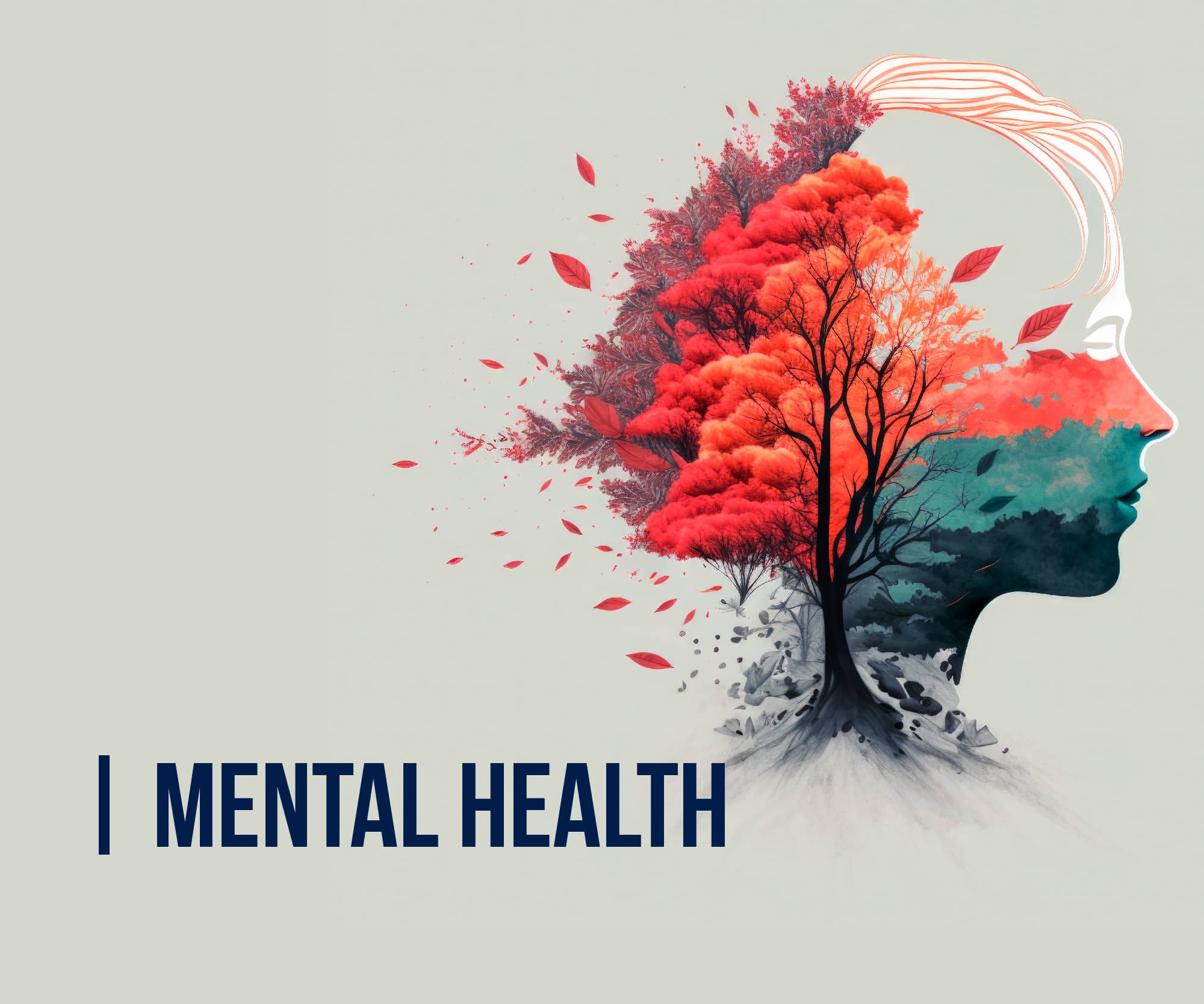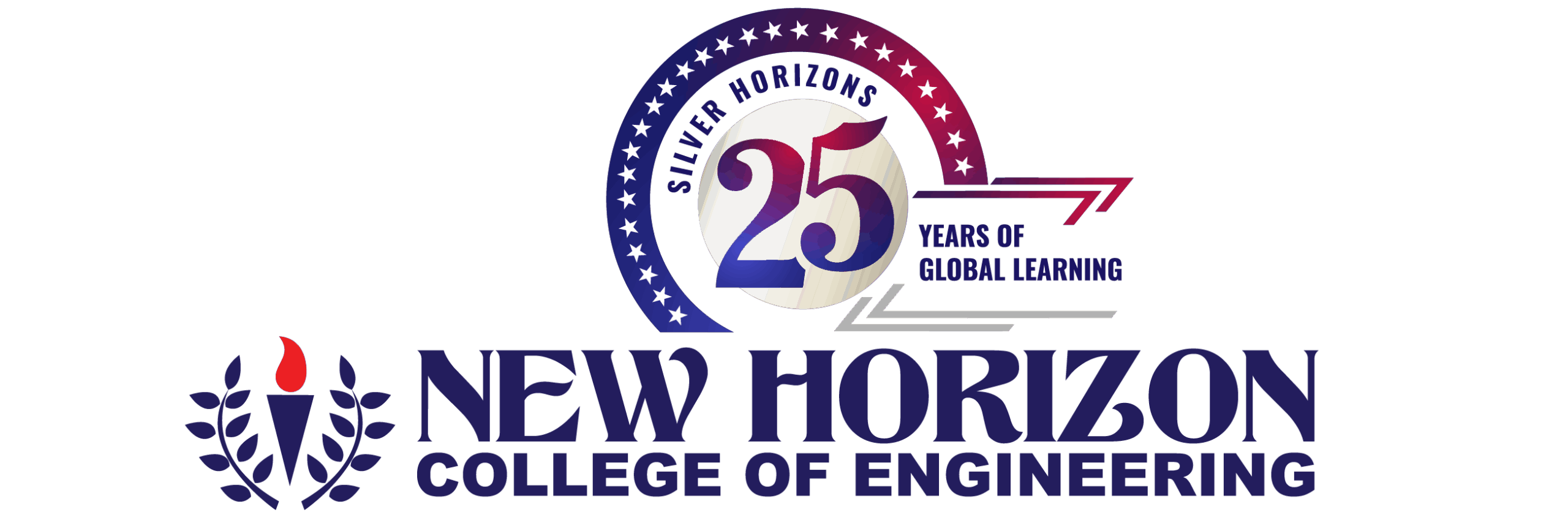
Embracing Resilience: Strategies for Handling Failure
Life comes with its ups and downs, and engineering college is no exception. The transition from school to college brings academic pressure, increased responsibilities, and challenges that can sometimes lead to failure. These struggles can impact both academic and personal growth, making it essential for students to develop the ability to adapt and persevere.
Resilience is the key to overcoming setbacks and continuing forward. A growth mindset and a positive perspective help students navigate difficulties with confidence. This blog provides strategies to handle failure and build resilience, ensuring a stronger and more successful college journey.

Understanding Failure
Failure doesn’t knock—it breaks through the door, arriving unexpectedly in various forms. In the best engineering college, failure can manifest through academic struggles, personal challenges, or setbacks in extracurricular activities. Academically, students may face poor grades, difficulty understanding complex concepts, or struggles with meeting deadlines. Personal challenges such as relationship issues, mental health concerns, financial stress, or lack of work-life balance can also contribute to setbacks. Even in extracurriculars like sports, clubs, or student organizations, students may experience failure by not securing leadership roles or missing out on key opportunities.
The psychological impact of failure can be overwhelming, leading to disappointment, low self-esteem, and diminished self-worth, which may affect daily functioning. To counter this, cultivating a growth mindset is essential. In the best engineering college, students who embrace failure as a learning opportunity develop resilience and a positive outlook. A growth mindset helps reframe setbacks as stepping stones for personal and academic growth, allowing students to navigate challenges with confidence.
Also Read about Stress Management Tips for Students

The Role of Resilience in Handling Failure
Resilience is the ability to bounce back from adversity. It is a vital quality to handling failure maturely and building a positive mindset. Resilience allows individuals to thrive in the face of adversity, using failures as stepping stones for success. Individuals with a growth mindset look at failures as temporary obstacles in the overall game of success. They regulate their emotions, maintain a positive outlook, and work towards achieving more than looking back. Resilience empowers individuals to learn from their mistakes, seek support when needed, and develop effective strategies to overcome obstacles.
There are many resilient individuals who turned failures into remarkable success. The famous Harry Potter series author, J.K.Rowling experienced both poverty and rejection before becoming a literary icon. Her story is full of hardships and failures, yet her resilience and determination turned her into the brilliant woman she is today!

Strategies for Handling Failure
Acknowledge and Accept Failure
The first step towards handling failure is acknowledgement and acceptance. Until you don’t admit that you have truly failed and accept your mistakes, there is no moving forward. This stage is self-reflection, acknowledging and understanding your mistakes. Acceptance to your situation is integral in the process of moving forward and building resilience.
Reflect and Learn from Failure
This stage of self-reflection entails understanding ‘where you went wrong’ and ‘what can you do about it?’ You have made mistakes, now is the time to learn from them. The opportunity to learn from them will allow personal growth and act as a stepping stone in the process of building a growth mindset.
Develop a Positive Mindset
A growth mindset is the belief that abilities and intelligence are not fixed but can be developed through dedication and hardwork. Developing a growth mindset is pivotal in cultivating resilience. Individuals with a growth mindset embrace challenges and view failures as opportunities to learn and improve. They are willing to work on their weaknesses and work on addressing them.
Set Realistic Goals and Expectations
Goal setting is one of the best methods to achieve success and develop resilience. Setting achievable and measurable goals enables focus and determination, overcoming procrastination. Unrealistic expectations can often lead to disappointment, thus, by setting goals, individuals can experience a sense of progress and accomplishment. These goals should be specific, measurable, attainable, relevant and time-bound (SMART).
Seek Support and Build a Support System
It is never bad to seek support and guidance to express your feelings and emotions. Talking to friends, family, and mentors allow you to heal and forgive yourself in times of self-doubt. Their guidance can provide a source of encouragement, perspective, and practical advice. They can help process your emotions and remind you of your strengths and weaknesses. In addition to these support networks, colleges and universities often offer valuable resources to help students develop resilience and overcome challenges. Counseling services can offer coping strategies, therapy, and other resources to empower students.
Building Long-Term Resilience
Developing long-term resilience requires a multi-faceted approach, including cultivating problem-solving skills, enhancing emotional intelligence, and building self-confidence through small successes. In the best engineering program, students face rigorous academic challenges that demand analytical thinking and adaptability. Resilient individuals assess challenges from multiple perspectives and develop effective solutions. They also recognize, understand, and regulate their emotions to cope with stress and adversity in a healthy manner. By celebrating small victories and acknowledging progress, students can build self-confidence and a sense of accomplishment.
Furthermore, creating a personalized resilience plan—incorporating goal setting, stress management, and strategies for seeking support—can significantly enhance a student’s ability to navigate difficulties. Whether tackling complex subjects in an engineering course or balancing academic and personal responsibilities, this approach fosters mental fortitude and emotional intelligence. Developing these skills helps students bounce back from setbacks, thrive in challenging environments, and achieve personal and professional growth.
Overcoming Common Obstacles to Resilience
Failure can be challenging to accept and overcome. The fear of failure can be a threatening force preventing individuals from taking risks and embracing challenges. However, by reframing failure as a learning opportunity and focusing on the process rather than the outcome, individuals can overcome this fear. Negative self-talk due to self-doubt and low self-esteem can undermine resilience and hinder personal growth. It is important to challenge these negative patterns by practicing self-compassion, a positive mindset, and constructive self-talk. Additionally, procrastination and lack of motivation can also be significant obstacles in the process of resilience, leading to missed opportunities and unfulfilled goals. Effective strategies such as time management, short-term goal setting, and cultivating intrinsic motivation can help overcome this obstacle.
Addressing these common challenges requires self-awareness, determination and a strong commitment to personal growth, ultimately enabling individuals to embrace resilience and navigate life’s challenges with ease.

Conclusion
Resilience is a crucial quality that helps individuals navigate challenges and turn failures into opportunities for growth and success. While setbacks are inevitable in engineering colleges in Bangalore and life in general, they are temporary obstacles that can be overcome with perseverance, a growth mindset, and resilience. Developing resilience involves reframing failures as learning experiences, setting achievable goals, avoiding perfectionism, and seeking support from friends, family, mentors, and campus resources. It also requires a well-rounded approach that includes building problem-solving skills, enhancing emotional intelligence, and fostering self-confidence through small successes.
In the journey of personal and academic growth, resilience acts as a powerful tool, enabling students to overcome difficulties, learn from their experiences, and reach their full potential. Whether pursuing the best engineering course or preparing for future challenges, cultivating resilience equips students with the mental strength and coping strategies needed for success in their academic and professional journeys.
FAQs (Frequently Asked Questions)
To develop a growth mindset, view failures as opportunities for learning and focus on the process rather than the outcome.
Self-care activities such as relaxation techniques like deep breathing, meditation, or exercise can help manage stress. Also, make time for enjoyable activities to recharge.
Learning from your failures involves reflecting objectively on what went wrong, seeking feedback, and identifying areas for improvement. Maintain a growth mindset by making an action plan to avoid your previous mistakes and focus on moving forward.
Reach out to campus resources like counseling services or academic advisors. Break larger goals into smaller steps. Celebrate small wins and acknowledge your progress.
Build connections with friends, family, mentors, study groups or clubs. Don’t be afraid to ask for help and support when needed.






